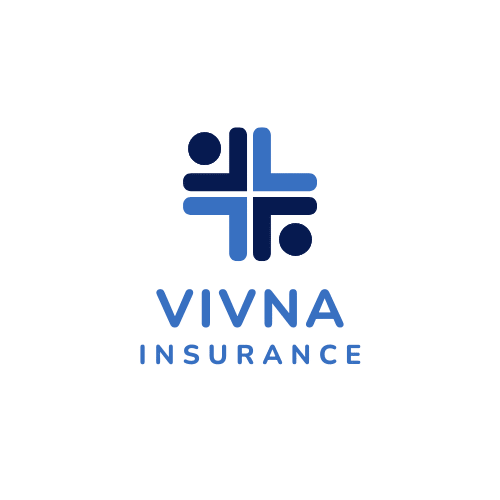What Happens If You Outlive Your Term Life Insurance Policy?
Understanding what happens when you outlive your term life insurance policy helps you make informed decisions about your financial future. Because term life insurance is designed to last for a fixed number of years, many people eventually reach the end of their policy and wonder which options come next. Knowing your choices early ensures you stay protected with smart, long-term planning.
Your Coverage Ends When the Term Expires
When you outlive your term life insurance policy, your coverage typically ends automatically. Although this may feel concerning at first, it simply means the policy served its purpose during the agreed timeframe. Because term insurance does not build cash value, there is no payout at the end of the term unless the policy includes special features such as a return-of-premium rider.
You Can Renew Your Policy for Extended Protection
Most insurers allow you to renew your policy when the term expires. However, premiums will increase because pricing is based on your current age and overall health. Although renewing can provide temporary protection, reviewing long-term options may offer more stability. Exploring updated plans through Vivna Life Insurance helps you compare coverage that fits your financial goals.
You May Convert Your Term Policy Into Permanent Coverage
Many term life policies include a conversion option, allowing you to switch from term insurance to a permanent policy without undergoing a new medical exam. Because permanent life insurance lasts for your entire lifetime, converting gives you long-term protection and access to cash-value benefits. Additionally, converting early may help you secure better pricing before age-related costs increase.
You Can Purchase a New Policy If You Qualify
If you remain in good health, you may qualify for a brand-new life insurance policy. Because pricing depends on age, buying a new plan sooner rather than later helps you lock in better rates. Reviewing your options through Vivna Insurance ensures you understand which plans offer the strongest long-term benefits.
You Can Use Supplemental Coverage for Additional Protection
Supplemental insurance can provide extra protection after your term policy expires. Although supplemental plans do not replace life insurance, they can help bridge financial gaps while you explore your long-term options. Learn more at Vivna Supplemental Insurance.
FAQ
Does anything happen if I outlive my term policy?
Your term coverage simply ends, and no payout is provided. Because outliving your term policy is common, reviewing your options before expiration helps you maintain continuous protection.
Can I convert my term life insurance policy?
Yes. Many policies offer a conversion option that allows you to switch to permanent coverage without a medical exam. Learn more through Vivna Life Insurance.
Is buying a new policy a good idea?
Buying a new policy can be a great option if you qualify. Additionally, purchasing sooner helps you secure better long-term pricing and stronger benefits.
Contact Us
If your term policy is expiring or you want help choosing long-term coverage, our licensed Vivna agents are ready to guide you. Call 888-730-6001 or visit the Vivna Contact Us Page for personalized support.

